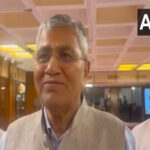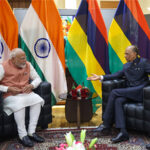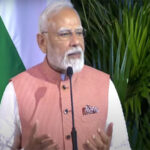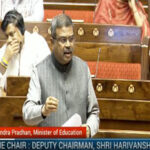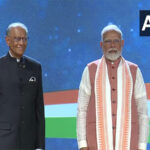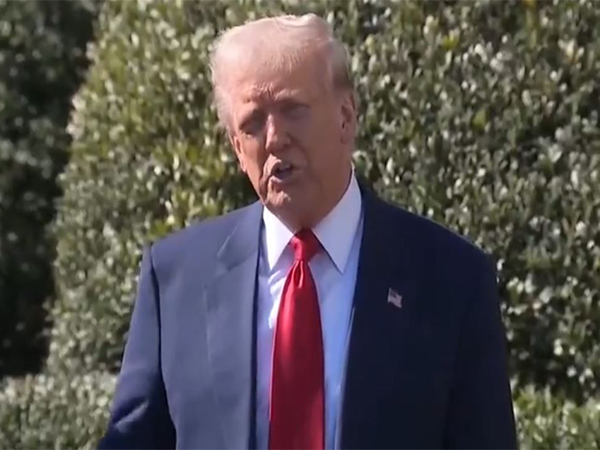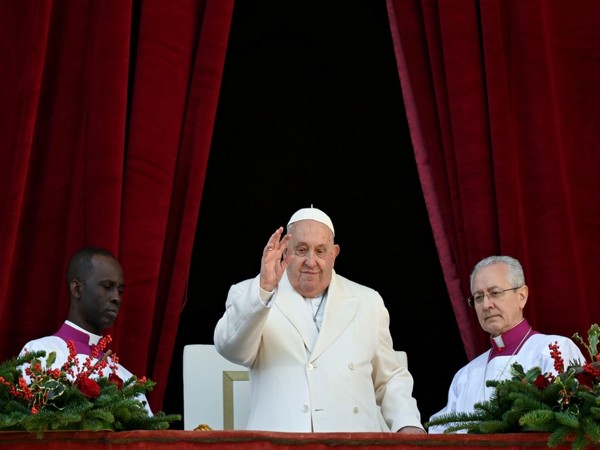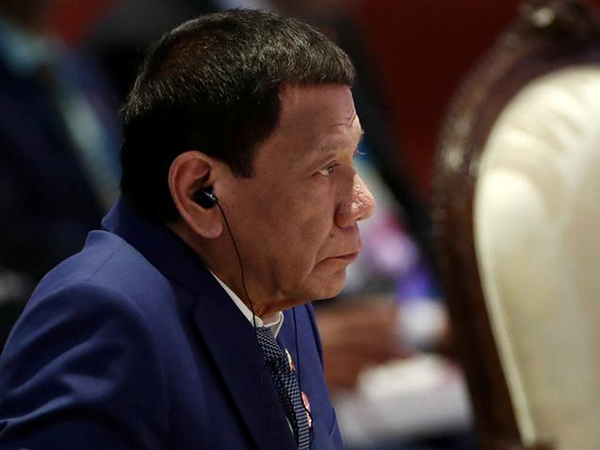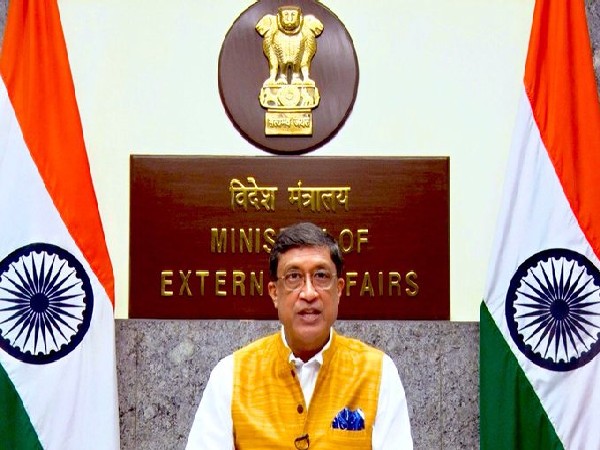
New Delhi [India], September 17 (ANI): At the sixth BRICS (Brazil, Russia, India, China and South Africa) Young Scientist Forum, hosted by the Department of Science & Technology (DST), in collaboration with the National Institute of Advanced Studies, Bengaluru (NIAS), India focussed upon healthcare, energy, digital revolution and innovation.
The valedictory address at the forum was given by Sanjay Bhattacharyya, Secretary (CPV&OIA) & BRICS Sherpa at BRICS Young Scientist Forum.
“I am happy the Forum aims to foster dialogue and has chosen important and relevant themes such as Health care, Energy, Cyber and Innovations, that reflect contemporary realities,” said Bhattacharyya.
The COVID-19 pandemic caused enormous hardship to citizens, not only in BRICS but across the globe. Both lives and livelihoods have been lost and inequities have widened. In the post-pandemic era, the imperative is to recover fast.
“BRICS must take the lead in agenda-setting to Build back capacity, have resilience, promote Innovation, have Credibility and establish Sustainability as the highest priority. Research and technological cooperation for ensuring the supply of vaccines, raw material, etc. to facilitate inclusive recovery need greater momentum,” said Bhattacharyya.
In response to the COVID-19 pandemic, BRICS Scientific Ministries joined hands to support collaborative research in multiple areas. Funding agencies from BRICS countries, including the Department of Science and Technology and the Department of Biotechnology from India, are co-investing about USD 10 million to support collaborative projects.
“I understand 84 projects proposals were received under the BRICS COVID call, in which India is a partner in 6 projects out of 12 recommended for support. These projects aim to develop drugs, vaccines, diagnostic kits, genome sequencing, epidemiological studies and application of artificial intelligence for treatment and prevention of the COVID-19 virus. Specifically, we have agreed to operationalise the BRICS Vaccine Research and Development Center as a virtual network. The Inaugural BRICS Digital Health Summit was also held, a few days ago, which reflected the growing need for innovative solutions to traditional challenges, which were exacerbated during the pandemic,” said Bhattacharyya.
Regarding energy, Bhattacharyya said that current technologies generally demand energy for development but most energy options lead to emissions that contribute to global warming
“Thankfully, clean alternatives are available and need to be encouraged. India is leaving no stone unturned to lead from the front as a responsible member of the global community. We are on the track to meet the target of 2 degrees compatibility. We have recently crossed the 100GW of renewable energy milestone and have enhanced our ambition to meet the target of 450 GW by 2030,” said Bhattacharyya.
On energy security, with the focus shifting from hydrocarbon sources, technology is at a critical juncture, with economies and sustainability becoming practical for alternative and sustainable energy.
“Development of technical cooperation should be a strategic priority for BRICS countries especially in clean and renewable energy, storage technologies, distribution, energy efficiency and applications. Collaborations in R&D, supply chains and setting up sustainable networks are the need of the hour,” added Bhattacharyya.
On digital revolution, he said that it has an impact in all spheres of economic and social life. Data has become the new gold. Cyber applications have transformed the world, over the last few decades, and the pandemic has shown how relevant it is in our day-to-day lives.
“Through our Digital India Programme, we have fostered innovation and enterprise and transformed the lives of our citizens in unprecedented ways. Our Direct Benefit Transfer scheme, enabled by our national identity programme, Aadhaar, has provided social security to millions. We have achieved significant success with our vaccination programme, crossing the 750 million mark recently, with the help of apps like Aarogya Setu and CoWin,” said Bhattacharyya.
India took a number of initiatives under BRICS partnership viz. iBRICS Network, BRICS Global Research Advanced Infrastructure Network (BRICS GRAIN), BRICS Science, Technology and Innovation Architecture to foster scientific collaboration on research, development and innovation facilities.
“Recently, we inaugurated BRICS Agricultural Research Platform. This is the first such multi-disciplinary and multilateral Platform established in Indian agriculture, which has five big countries participating through the virtual networks, for agricultural development and growth. We also hope to come up with a BRICS portal for Digital Public Goods. In the spirit of Vasudhaiva Kutambhakam, we have decided to make these available as open-source applications. In fact, I am sure each of our countries has useful applications like these, which we can share with the rest of the world for common good. The economic and social potential of such systems platforms is greater than what has been realized. There is a need to address the technology gaps,” added Bhattacharyya.
Regarding innovation, he said that in this technological age, the flow of information, use of data-based delivery platforms and harnessing of cyber potential have made enterprise and innovation the closest partners of technology.
“Innovation not only makes technology marketable but also provides it with territory and medium to operate upon. Collaboration between institutes of technology and management, incubation centres across boundaries and financing by VCs or angels are a new reality. Whenever an IPO moves towards unicorn-hood, it also spawns a new set of potential ideas for others to take forward. Our economic system needs such solutions to remain energised,” said Bhattacharyya.
He also extended congratulations to the winners of the Innovation Prize and conveyed best wishes to all the participants. (ANI)


